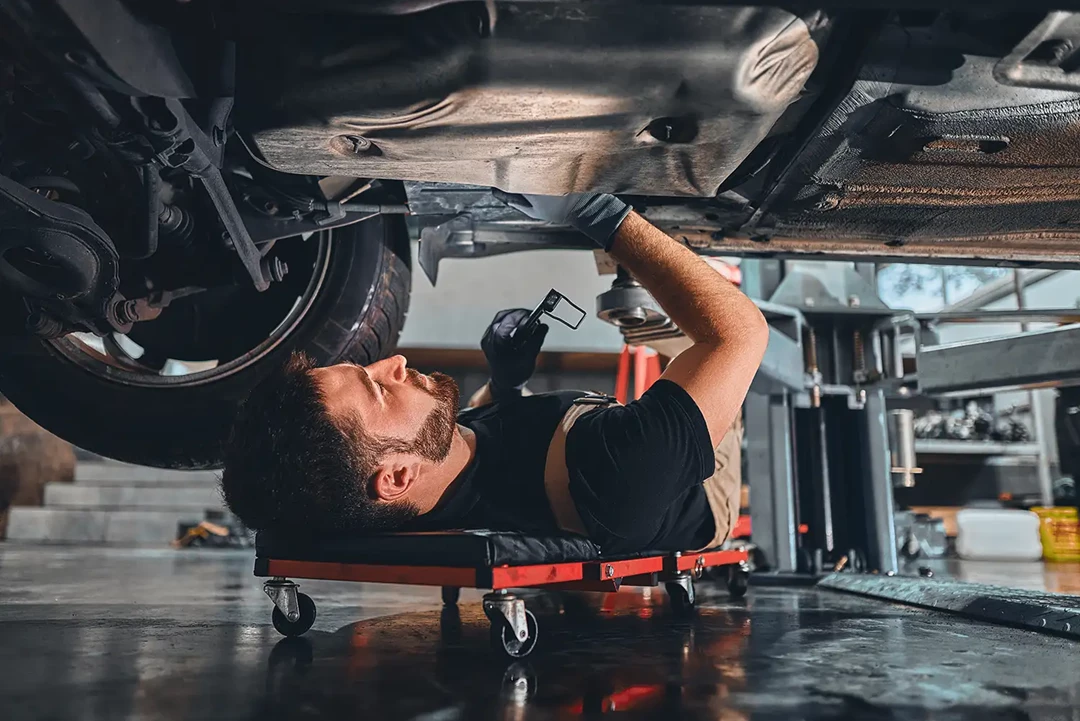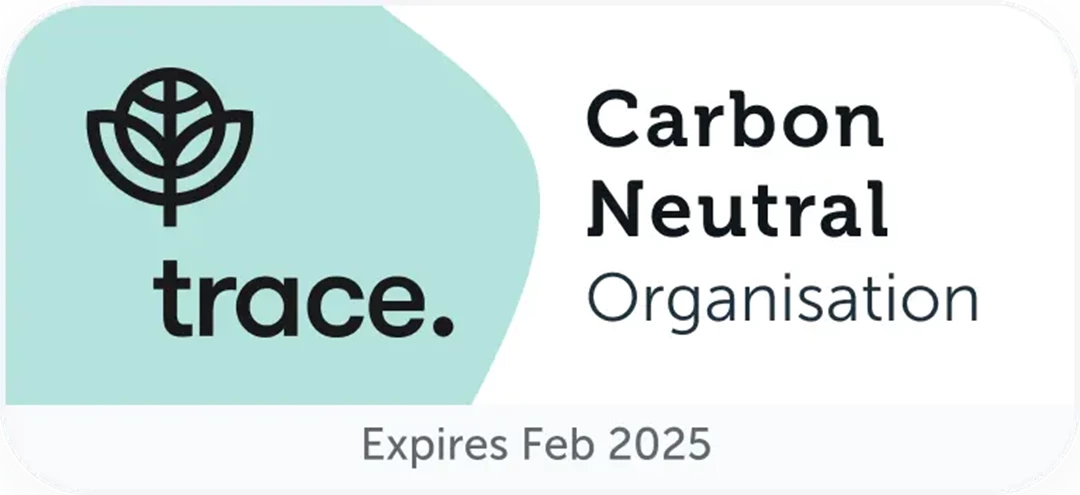Purchasing a used car can be a great way to save money while still getting a reliable vehicle. However, it also comes with certain risks if you’re not prepared. To help you make an informed decision5, here are the top 10 tips for buying a used car in Australia. These tips will guide you through the process, ensuring you make a confident and well-informed purchase.
1. Set a Budget and Get Pre-Approved for Finance
Before you begin shopping, it’s important to set a clear budget. This should include the car's price, as well as additional costs such as insurance, registration, and potential repairs or servicing.
One effective way to establish your budget is by getting pre-approved for finance. Many lenders, including those specialising in used car loans, offer pre-approvals, which give you a clear understanding of how much you can borrow. Pre-approval not only helps you know your budget but also strengthens your bargaining position when negotiating with sellers, as they know you’re ready to buy. It also narrows your search to vehicles you can afford, making the process quicker and smoother.
2. Research the Market Value
Knowing the market value of the car you’re considering is essential for making sure you pay a fair price. Websites like RedBook and CarsGuide can help.
- RedBook provides free basic information about a car’s value, depending on its make, model, and condition. More detailed reports can be obtained for a fee.
- CarsGuide offers free access to a range of prices, based on current listings from sellers across Australia, and includes helpful comparison tools.
By understanding the average market price, you can confidently negotiate and avoid paying too much.
3. Check the Vehicle's History
Before committing to a purchase, it's crucial to check the car’s history. A PPSR (Personal Property Securities Register) report will show if the car has outstanding finance, has been written off, or is listed as stolen. You can obtain a PPSR report from the official Australian Government PPSR website (ppsr.gov.au), with the cost being approximately $2.
For a more detailed report, you can use services like CarHistory, which may include odometer readings, accident history, and other key details. These reports help ensure you’re not buying a car with hidden problems.
4. Inspect the Car Thoroughly
When buying a used car, a thorough inspection is essential. Look out for signs of wear and tear, rust, or mismatched paintwork, which could indicate previous accidents. Inspect the tyres, brakes, lights, and engine for any obvious issues.
If you’re not confident in your mechanical knowledge, hiring a professional mechanic for a pre-purchase inspection is a wise investment. The cost typically ranges from $200 to $400 in Australia, depending on the location and level of detail. This can save you from unexpected repair costs by identifying any hidden problems before you buy.
5. Take It for a Test Drive
A test drive is one of the most critical steps in the car-buying process. It allows you to experience how the car performs and identify any potential mechanical issues, such as strange noises, vibrations, or a lack of power.
During the test drive, check how the car handles, the responsiveness of the brakes, the smoothness of the suspension, and the accuracy of the steering. Try the car on different road types (e.g., highways and suburban streets) to get a full sense of its performance.
6. Check the Odometer
An odometer reading can tell you a lot about the car’s usage. In Australia, the average car travels around 15,000 to 20,000 km per year. Be cautious of cars with unusually low mileage for their age, as it could indicate odometer tampering. On the flip side, cars with very high mileage may be closer to requiring expensive maintenance or repairs.
A car with moderate mileage and a good service history often makes the best value purchase.
7. Consider the Car’s Service History
A car’s logbook or service history can give you a clear picture of how well it’s been maintained. Regular servicing at the manufacturer’s recommended intervals is a sign that the previous owner took care of the vehicle.
If a car has missing or incomplete service records, this could indicate neglect and may lead to future mechanical issues. Always prioritise cars with a well-documented service history to minimise risks.
8. Negotiate the Price
Once you’ve done your research and inspected the car, don’t be afraid to negotiate. Use the information from your market research, vehicle history check, and inspection to make a reasonable offer.
Most sellers expect some negotiation, so aim for a price that reflects the car’s condition and market value. Keep in mind that you can also use any identified issues, such as worn tyres or overdue servicing, to negotiate a lower price.
9. Understand Your Financing Options
If you’re financing your used car purchase, it’s important to explore your loan options. Lenders like Money3 offer flexible used car loans, even for car loans with bad credit or non-traditional income. Take the time to compare interest rates, loan terms, and repayment schedules to find a loan that suits your financial situation.
Pre-approval for financing also gives you the confidence to negotiate and shows sellers that you’re serious about buying.
10. Know Your Legal Rights
When buying from a dealership in Australia, you are protected under Australian Consumer Law. Dealerships must provide a statutory warranty on used cars that are below a certain age and mileage, though this varies by state.
However, if you’re buying from a private seller, these legal protections don’t apply. This makes it even more important to do your due diligence, such as obtaining a PPSR report and having the car inspected. Also, ensure all paperwork is correctly completed to transfer ownership and registration to avoid any legal complications down the line.
Summing Up
By following these top 10 tips, you can confidently navigate the process of buying a used car in Australia. Whether you’re setting your budget, researching the market value, or getting a professional inspection, each step is designed to protect your investment and help you drive away in a car that suits your needs.
5. This information is general in nature and is for information purposes only. It is not financial advice.
Used Car Buying FAQs
Pre-approval gives you a clear budget, strengthens your negotiating power with sellers, and speeds up the purchasing process by ensuring you’re financially ready.
Before getting pre-approved, you may want to check out how much you could afford to borrow by using our car loan calculator tool.
You can use online tools like RedBook and CarsGuide to research the fair market value based on the car’s make, model, year, and condition.
A PPSR (Personal Property Securities Register) report shows if the car has outstanding finance, has been written off, or is listed as stolen. It helps ensure you're buying a car with a clear history.
A professional pre-purchase inspection usually costs between $200 and $400, depending on the location and the level of detail.
During a test drive, pay attention to the car’s handling, brakes, suspension, and any unusual sounds or vibrations. Try to drive in different conditions to assess overall performance.
A well-documented service history shows the car has been regularly maintained, which can help reduce the risk of unexpected mechanical issues in the future.
Use your research on the market value, the car’s history, and any issues found during the inspection to make a fair offer. Don’t be afraid to negotiate with the seller to get a better price.
There are various financing options, including loans tailored for used cars. Lenders like Money3 offer flexible approval conditions, even for those with bad credit or non-standard income.
Dealers must provide statutory warranties on certain used cars, depending on age and mileage. Always check your state’s specific requirements under Australian Consumer Law.
You’ll need to complete the transfer of ownership and registration documents, and ensure any financing agreements are finalised. Make sure all legal paperwork is in order to avoid issues later.
Car Loans We Offer

Car Loans
Money3 will give you a fair go. Car finance with Money3 goes up to $75,000 for both new and used cars from private sales or from dealerships.

Used Car Loans
Our car loans are available for used and second-hand cars. Whether you need a private sale or when buying from a dealership, we could help you purchase your next car.

Car Repair Loans
Personal loans are available, up to $30,000 for car repairs, upgrades or for other vehicle types - we'll give you a fair go!

Bad Credit Car Loans
At Money3, we’ll consider your car loan application with a bad credit history. Our car loans finance up to $75,000 over 2 to 7 years.

Centrelink* Friendly Car Loans
Apply for a car loan with Money3, even if you are receiving Centrelink payments*. We believe in giving everyone a fair go, including those who are on Centrelink benefits.

Vehicle Finance
You could obtain finance for all road vehicle types plus boat or watersport vehicles with Money3. From campervans and trailers to boats and motorbikes. We'll give you a fair go!
* Money3 is not affiliated with, or endorsed by, Services Australia, but does provide personal loan and vehicle finance options which are available to recipients of benefit payments
Related Articles
Also check out the related articles below:
10 Tips for Bad Credit Loan Approval
Bad credit loan tips to improve your chances of approval with lenders.
How to Get a Car Loan
Learn how to get a car loan. We review the four basic steps to getting a car loan, from understanding loan criteria to loan pre-approval.
Loans on Centrelink Benefits
Check out your options and whether you could qualify for a loan on Centrelink benefits *.
Selling or Trading In Your Car
When trading/ selling your old car, should you sell it privately or trade it in at a dealership?
1. Subject to verification, suitability and affordability
* Money3 is not affiliated with, or endorsed by, Services Australia, but does provide personal loan and vehicle finance options which are available to recipients of benefit payments







